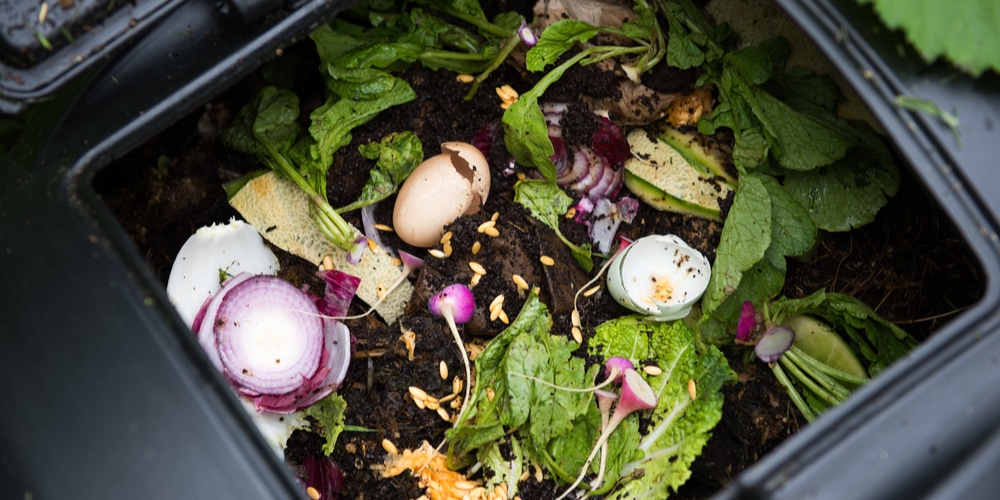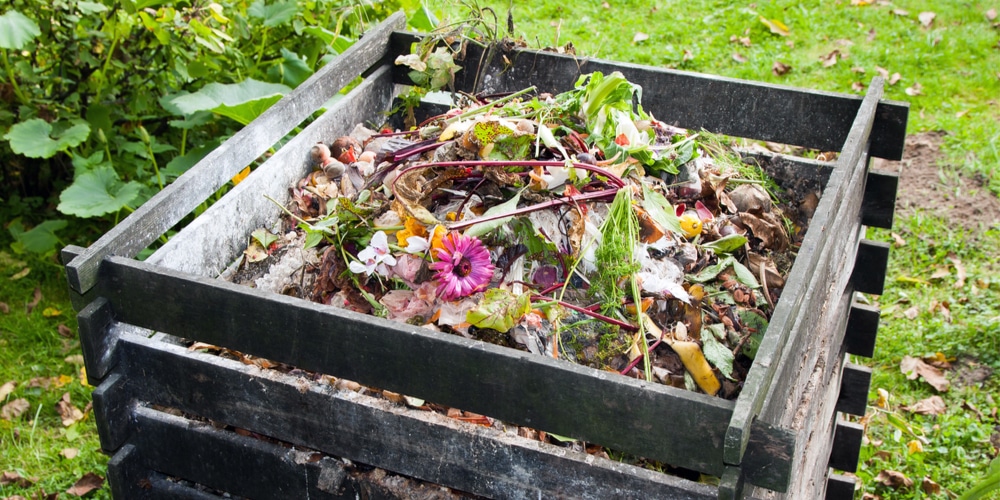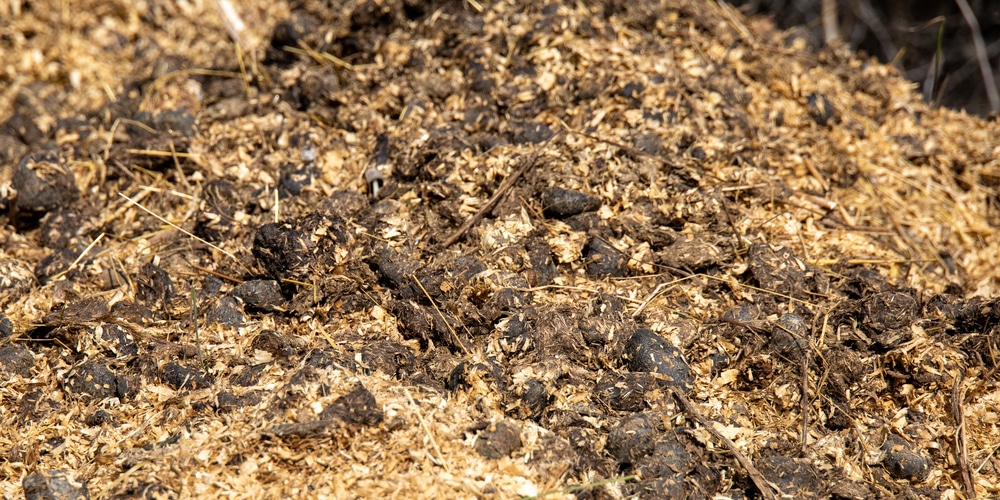Compost is an essential element for a thriving garden. It helps improve soil texture, ability to hold moisture and warmth, drainage, and most importantly, supplies relevant organic nutrients to your crops.
However, preparing compost might not be easy, especially for beginners. The anxiety of trying new things might make you think that your compost is taking too long to decompose.
All the same, there are times when compost delays heating up and decomposing even after staying in the bin for a long time. When compost takes too long to decompose, it is obviously lacking something and will need to be acted upon. Read on to know what could be delaying your compost from breaking down.
Reasons why your compost is not breaking down
Several factors can cause your compost not to break down. Knowing exactly the cause of the problem in your compost can help you address it.
Here are the most common issues that may cause your compost to remain intact without breaking over time.
1. The compost is too wet
A lot of moisture in your compost pile makes it too wet for decomposition to continue occurring effectively. Too much water fills the spaces needed for airflow, which eventually causes the useful bacteria to die. In compost piles, the main cause of wetness is rainwater, which can be addressed by covering your pile.
An improper mixture of fresh and dry organic materials can also pose a serious issue.
Materials like grass clippings and green vegetables have a lot of water, and in plenty, they can make layers of greens very heavy. With time, the wet material becomes compacted and prevents air circulation in the pit by replacing air spaces with moisture.
Due to inadequate aeration, toxic microbes may thrive in your pile and create a bad smell that makes the environment near the pit unbearable.
To solve this problem, you need to completely dig out and turn the ingredients of your compost pile, then arrange them in a way that creates room for more air.
Increasing the browns in your pile could also help take some of the water, ensuring ideal composting conditions. Dry brown compostable materials like sawdust, cardboard pieces, and shredded prunings will do the trick.
If you cannot get adequate amounts of these ingredients, you can use scrunched-up newspapers as a short-term solution.
Of importance, if you had covered your pile, the chances are that the cover traps a lot of moisture. Uncovering could help solve the issue of wetness.
2. The compost pit is too dry
A dry compost pile will stop or delay breaking down because the microbes responsible for decomposition will be straining and might completely fail at some point.
If you realize that your compost is taking more time to break down, you should check on the moisture level in the compost pit. If it is too dry, you will have to make it moist, but also ensure not to add too much water because it may cause problems too.
For bins with a lot of browns, you can boost the moisture level by adding water, specifically rainwater. However, if you can’t find any stored rainwater, ordinary water will still do the trick. The idea is to avoid using contaminated water as it may contain chemicals that may harm your plants.
You can boost your compost’s moisture level by adding wet materials and mixing them to balance the contents.
3. Inadequate airflow
Oxygen is required to support the respiration of the microbes responsible for breaking down the organic matter in your pile. The microbes will function ineffectively and very slowly when there is a low oxygen supply.
On the other hand, when there is appropriate aeration, the microbes remain active and will easily multiply and produce heat responsible for compost breakdown. The heat is also responsible for killing weeds, pests’ eggs, and pathogens that may affect your compost quality.
To ensure optimal airflow, ensure a good mix of greens and browns and turn your compost regularly to create more air spaces.
Other reasons that can delay your compost from breaking down are:
- Improper balance of wet and dry substances
- Contaminated grass clippings and straws
- Carbon-nitrogen materials imbalance
- Adding non-compostable ingredients to the compost pile
Compost not breaking down: Conclusion
Preparing a compost can save you from some huge fertilizer costs. However, you will need to be patient and wait for the compost to break down properly. If you realize that it is taking too long for composting to happen, hurriedly check the problem and address it.
Hopefully, this article will help you identify and fix the problems in your compost bin.
Related Article: How to Heat Up Compost?


